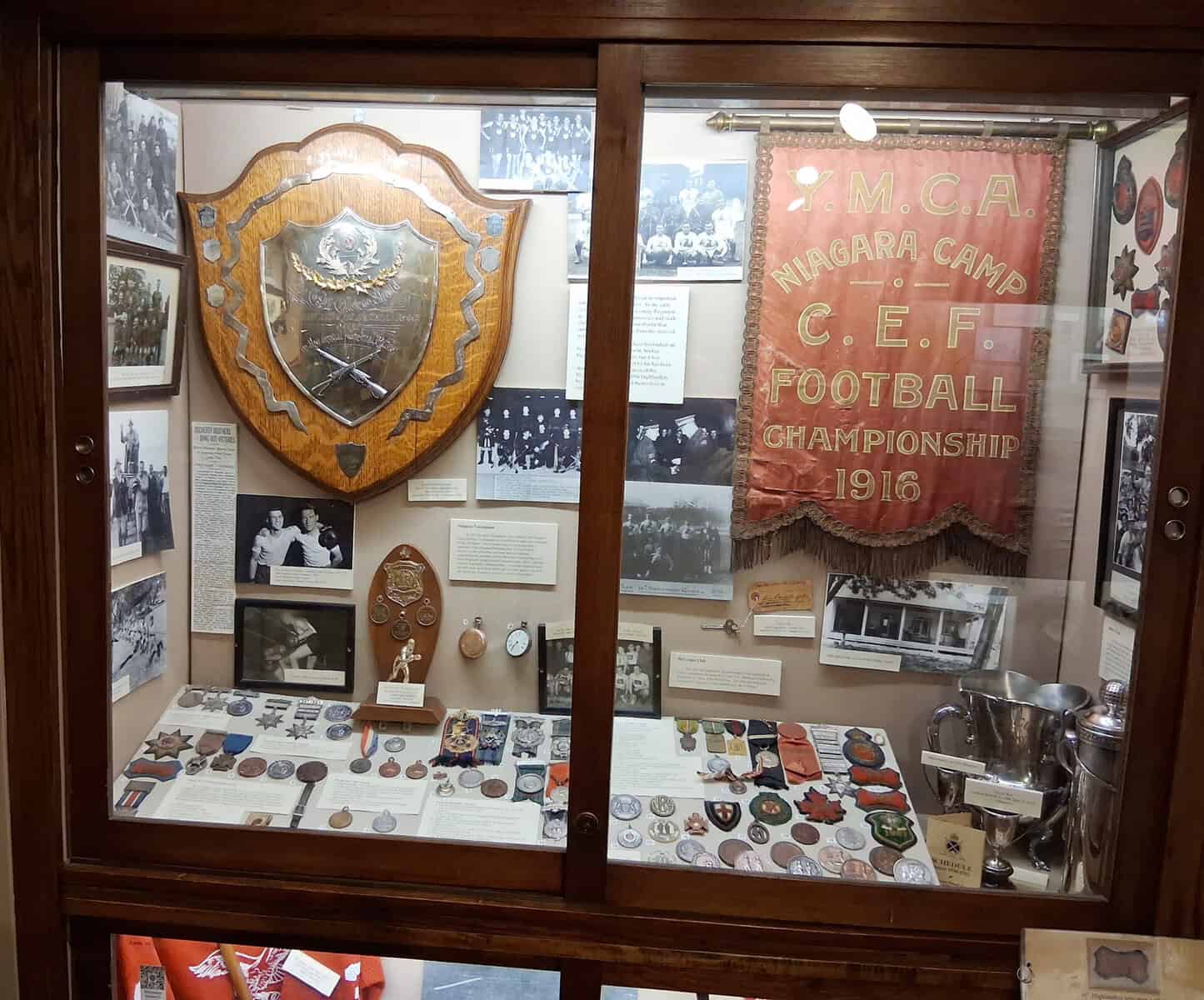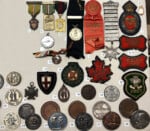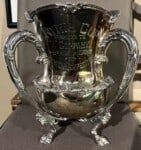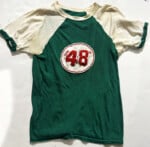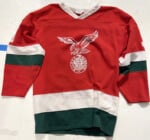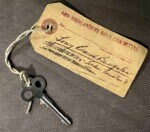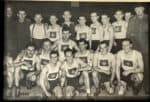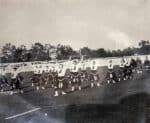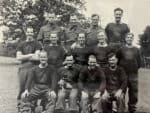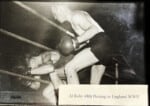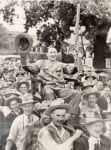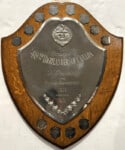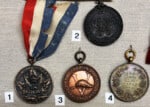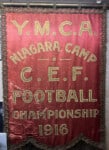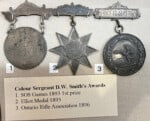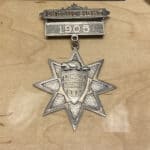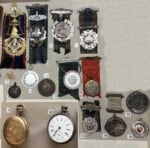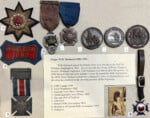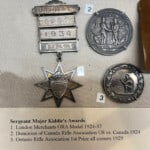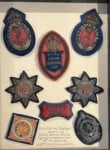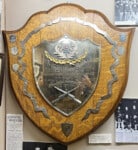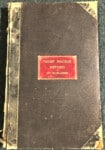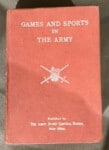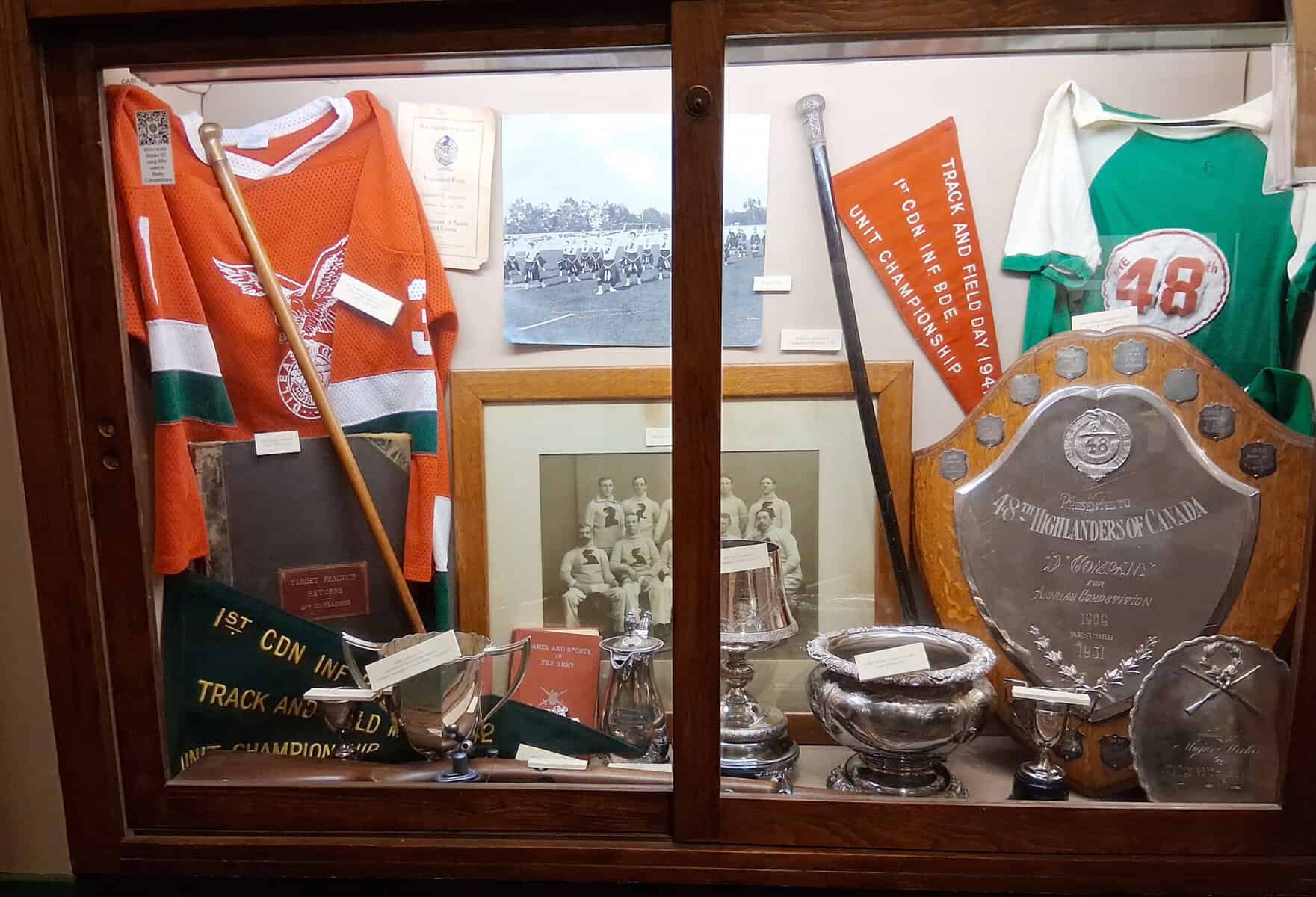Sports have consistently been vital in military life, fostering physical fitness, camaraderie, and morale across both peace and war. The first commanding officer, LCol Davidson, believing that Highlanders, as infantry soldiers, must be physically fit, skilled in combat roles such as rifle shooting, bayonet fighting, grenade throwing, and quick to respond to orders on the battlefield, made sports, military skills contests and drill the regiment’s priorities. Beyond these, traditional cultural events such as Highland Games played an essential role, celebrating heritage and embodying a level of comradery between soldiers for which the 48th became renowned. It was like family and they called it “Dileas” from the Gaelic regimental motto, Faithful Forever. Before the First World War, rifle marksmanship was a cornerstone of training; regiments held annual competitions where skills were honed, and proficiency brought both practical advantage and considerable prestige, marked by trophies and badges.
Into wartime, these contests persisted informally behind the lines. Soldiers frequently organized shooting matches with service rifles to maintain proficiency and offer a crucial break from the tension of the trenches. In quieter sectors, units also staged broader sports days, featuring tug-of-war, boxing, and running races alongside marksmanship events. These activities provided vital respite and significantly built esprit de corps, that Dileas spirit.
During the Second World War, sports remained integral and the 48th were known for training at every opportunity. The Canadian Army Overseas established organized leagues and competitions within active theatres. Rifle and pistol events were encouraged to maintain combat readiness. In Italy, Allied forces staged extensive sports meets, including small arms shooting matches between units. In England, Canadian troops frequently competed against British regiments, fostering friendly rivalry and mutual respect. Beyond shooting, units arranged obstacle courses, hand-to-hand combat exhibitions, and grenade-throwing challenges. Boxing was also immensely popular, with regimental champions vying for titles at the divisional level.
After hostilities ended, competitions shifted towards building morale and fostering peacetime discipline. Veterans’ organizations often maintained rifle clubs and shooting associations, diligently preserving the traditions of wartime sport. Across all eras, military sports—particularly combat skills competitions and cultural events like Highland Games—have served as a crucial means of honing essential abilities, strengthening bonds, and providing purpose amidst hardship and uncertainty.

